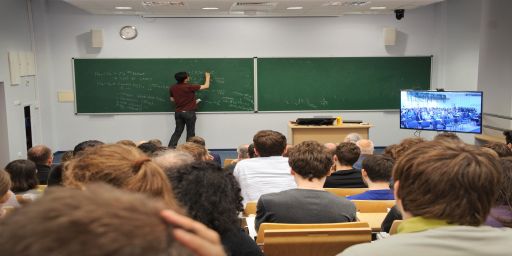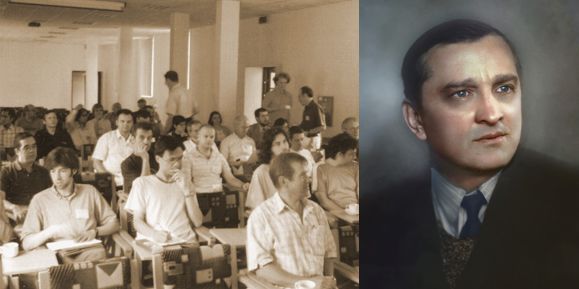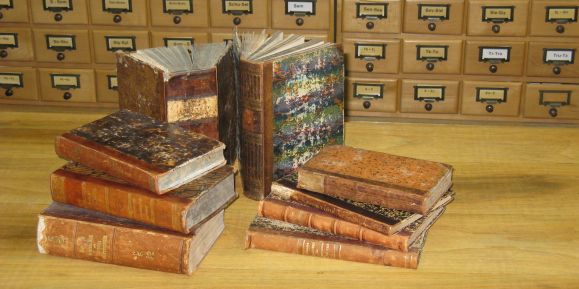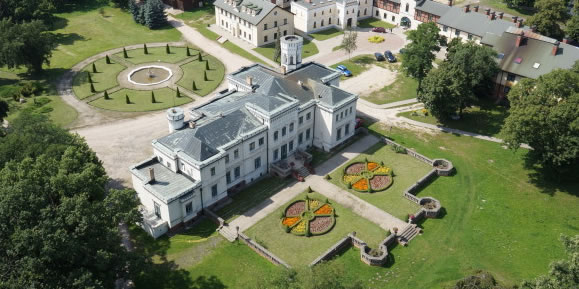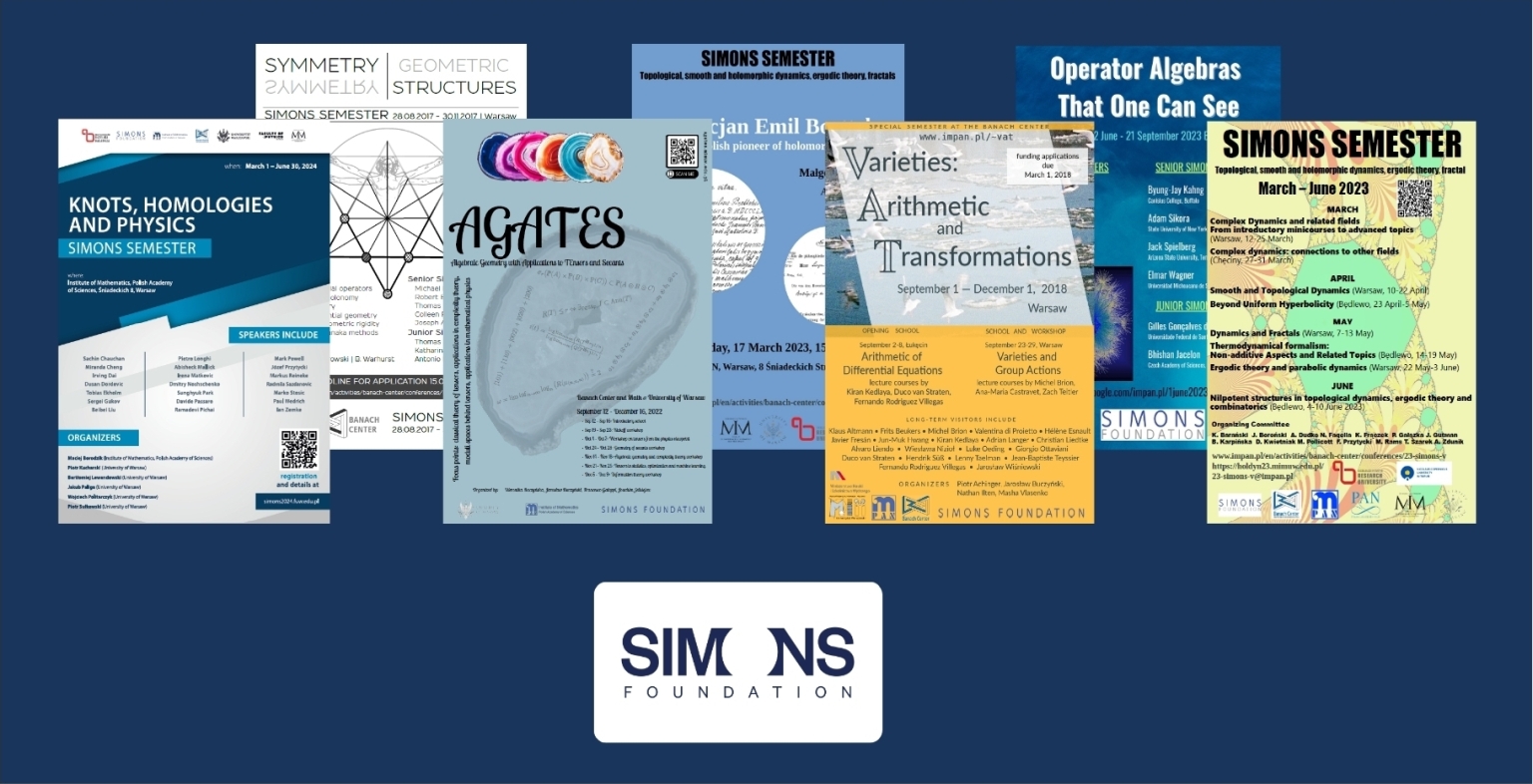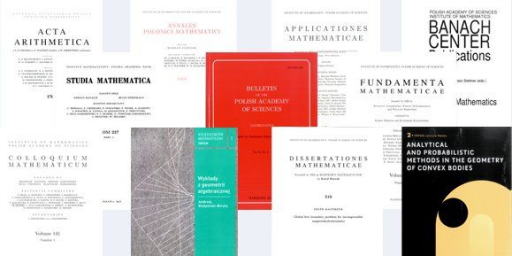QUANTUM DYNAMICS
H2020-MSCA-RISE-2015-691246-QUANTUM DYNAMICS

This project has received funding from the EU's Horizon 2020 Research and Innovation Staff Exchange programme under grant agreement No 691246.
New geometry of quantum dynamics is a project which aims to make significant advances in the field of noncommutative geometry by developing new methods through substantial interaction within its sub-fields and with other areas of pure mathematics. The main focus will be to determine the topological nontriviality of new types of quantum fibrations. Also, we aim to construct quantum metric geometries of crossed products and graph algebras relating the Lipschitz-norm and Dirac-operator approaches. The Project will combine various areas, which although interacting on a fundamental level, have had their concrete and usable connections left mostly unexplored.
The success of the Project depends on connecting centres of excellence in relevant topics for the exchange of ideas and and production of high-quality collaborative results. The network has been carefully chosen to include the world’s leading experts as well as promising early career researchers. Not only does this guarantee the participants access to an enormous knowledge base, it will also ensure that new and innovative lines of research will continue to be developed long after the Project has finished.
In particular, the collaborative nature of the Project will be of great benefit to the early career researchers involved. In pure mathematics, fields often become so specialised that only a small number of people around the world might be actively researching a particular topic. This can make career progression very difficult. The interdisciplinary nature of the Project will expose the participants to a host of new mathematics and new collaborations. Consequently, this diversification will result in significantly more career opportunities than would otherwise be available.
Start date: 1 January 2016
End date: 31 December 2019
Noncommutative geometry seminar
About the RISE scheme
"The RISE scheme will promote international and inter-sector collaboration through research and innovation staff exchanges, and sharing of knowledge and ideas from research to market (and vice-versa).
The scheme fosters a shared culture of research and innovation that welcomes and rewards creativity and entrepreneurship and helps to turn creative ideas into innovative products, services or processes."
"Support is provided for the development of partnerships in the form of a joint research and innovation project. This is aimed at knowledge sharing via international as well as intersectoral mobility, based on secondments of research and innovation staff (exchanges) with an in-built return mechanism.
The organisations constituting the partnership contribute directly to the implementation of a joint research and innovation project by seconding and/or hosting eligible staff members."
Source: Participant Portal (http://ec.europa.eu/research/participants/portal/desktop/en/opportunities/h2020/topics/2117-msca-rise-2016.html)
Acknowledgement of EU and Polish funding in publications
All papers written as part of the Quantum Dynamics project should be available on arXiv and should include one of the following acknowledgements:
"This work is part of the project QUANTUM DYNAMICS partially supported by the grant H2020-MSCA-RISE-2015-691246".
While slight variations of the phrasing are welcome and acceptable, an explicit link to the project and the grant number must be stated. In addition, all members of the non-EU nodes who visited IMPAN in the years 2016-2019 should also include the number of a Polish Government grant that sponsored their visits: 3542/H2020/2016/2.
Finally, the members of the Polish nodes of the network, should also include both the numbers of their "PMW" and "PnH" grants, which are:
For IMPAN: 3542/H2020/2016/2 (PMW), 328941/PnH/2016 (PnH),
For University of Warsaw: 3569/H2020/2016/2 (PMW), 329915/PnH/2016 (PnH),
For University of Łódź: 3570/H2020/2016/2 (PMW), 329390/PnH/2016 (PnH).
Thus the participants from the Polish nodes should include three grant numbers in their papers.

